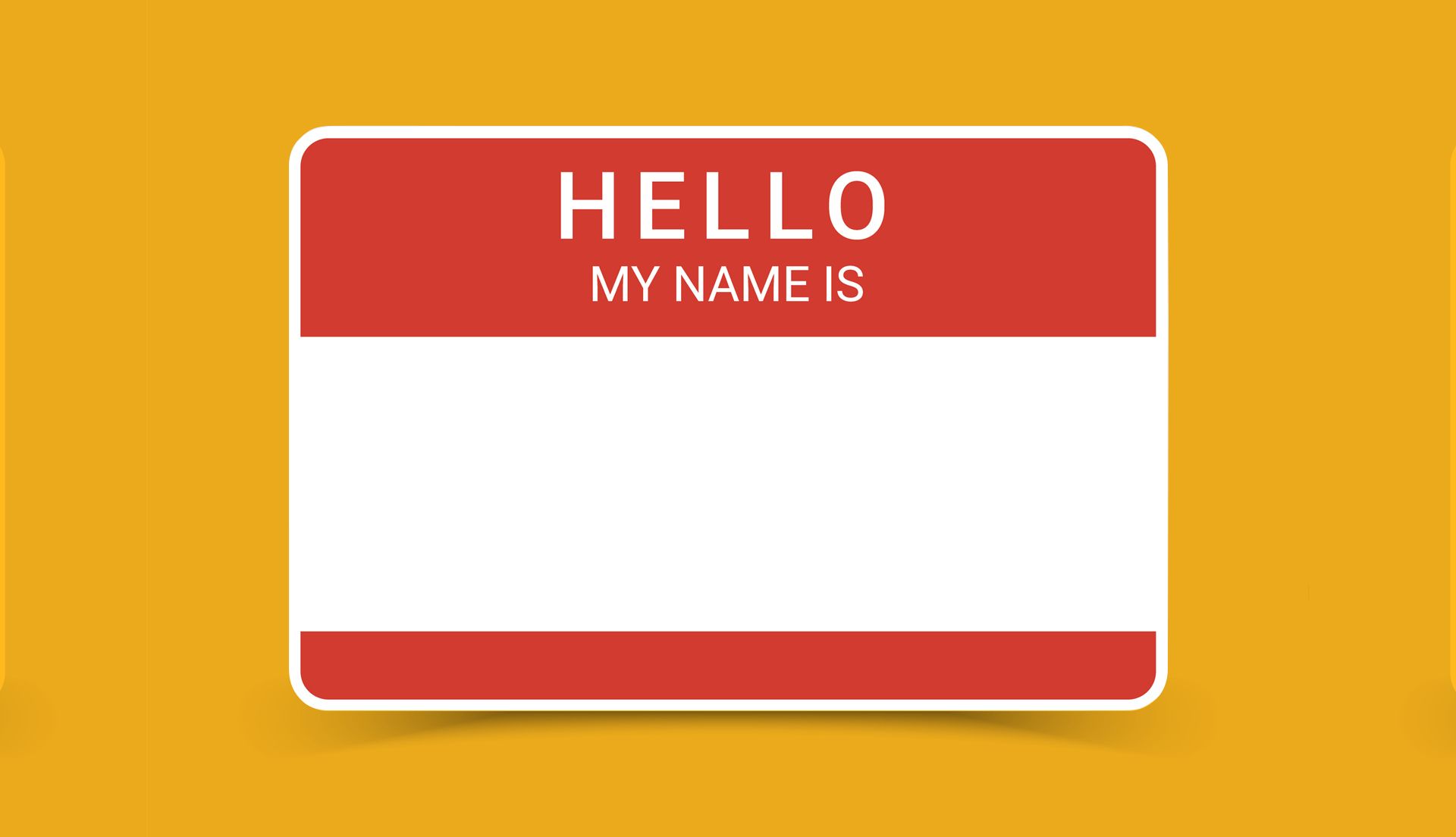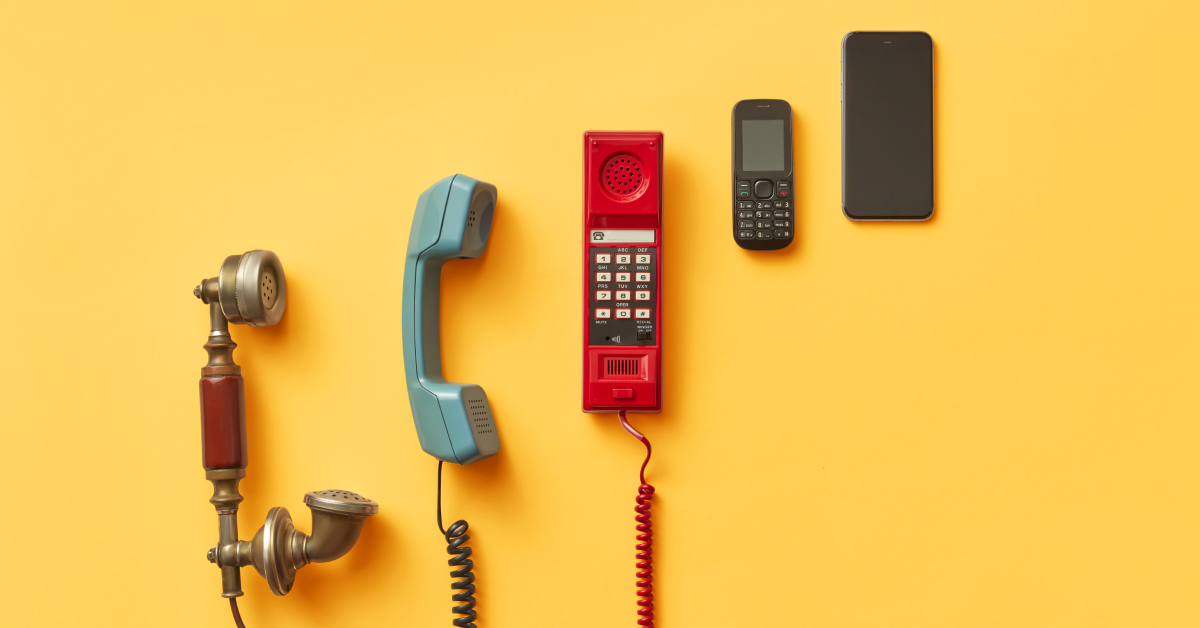Being an academic was a core part of my identity and how I saw myself. After all, I had devoted my twenties to pursuing this career and made so many sacrifices for it along the way. I was passionate enough about my work that I didn’t see the harm in identifying with it. That is until I quit. Although I don’t regret the decision, it has spurred so many questions about my identity: Who was I now?
For so many people, it’s common to find value and purpose through work. We’ve been conditioned to think about what we’ll become ‘when we grow up’ starting from a young age. And once we finally do grow up, most adults will spend approximately one-third of their lives working. It’s natural to then tie ‘who you are’ to ‘what you do.’
But for those who then pivot to entrepreneurship, take a career break, or leave their positions, they can be left with an identity crisis.
Over-identifying with your profession can contribute to workaholism, making it difficult to psychologically detach or refrain from thinking about work once you’ve ‘clocked out.’ We also tend to hold a static view of ourselves and our careers which doesn’t quite fit our realities. Seeing work as an enduring and stable part of yourself makes it difficult to pivot when you are forced to change your work from a career-ending injury or redundancy. Individuals can experience a sense of loss without their work, which has been associated with declines in health and emotional wellbeing.
Redefining myself after quitting my job as a professor has certainly come with some awkward moments and replies to those get-to-know-you conversations. I felt confused and unsure of myself while trying to ultimately answer the underlying question: who am I outside of what I do?
Whether it’s through forced or involuntary job loss, it’s important to embrace this uncertainty. Part of this pivot includes disconnecting the whole of ourselves from our job titles. This is easier said than done and requires focused time to reflect on the questions, Who are you now?, and Who are you becoming? These questions reframe our identities as dynamic, liminal, ever evolving, and growing. Embracing the degrees of freedom between who we are and what we do creates more room for crafting a career that works for you instead of one that fits a narrow job identity.
One of the ways I disconnected my identity from being an academic during this career break included rediscovering my hobbies and interests. What are the activities you would pursue with endless leisure time? What excited you as a child? You may also ask those closest to you when you seem the most energised. The Reflected Best Self Exercise® is one feedback-seeking tool that helps to identify your extraordinary moments and strengths, providing more language to describe yourself beyond your work role.
We can also change how we talk about ourselves to divorce our descriptors from our work. As Adam Grant has shared, “a healthy sense of self is rooted in character, not career choice.” So let’s ask about character. Instead of asking people what they do, we can ask how they feel, what makes them think differently, and how they like to spend their free time?
You can also experiment with provisional selves or potential identities that I had previously written off or assumed did not apply to me. As a product of the “left brain/right brain” generation, I always discounted my artistic and creative abilities by stating, “I’m not a creative person.” Now, I pursue creative outlets like painting and writing fiction which expanded the possibilities of who I could be.
Flexible work and non-linear career paths will continue to affect our careers, requiring us to adapt how we see and describe ourselves. Having a work-identity that adjusts to change, career disruptions, and pivots will help create a career that is part of what you do, not define who you are.
Have you listened to the Chief podcast? Tune into "The New Rules of Business" as Chief Co-Founders Carolyn Childers and Lindsay Kaplan unpack today's most challenging leadership questions. Be sure to leave a review and follow wherever you get your podcasts. New episodes drop every Tuesday.



